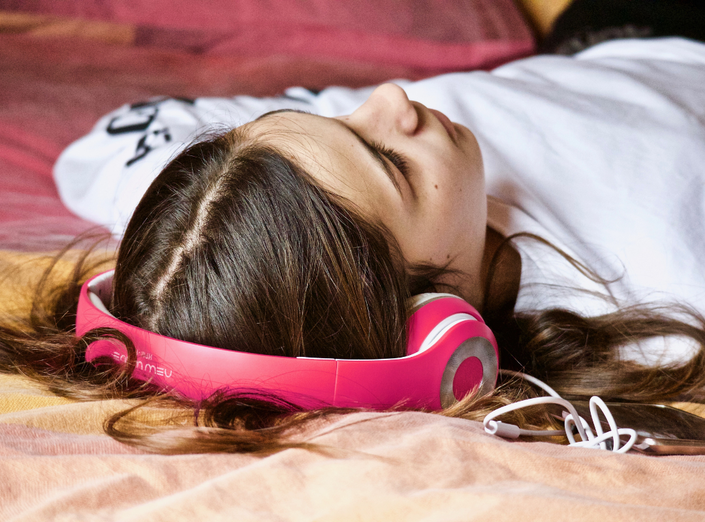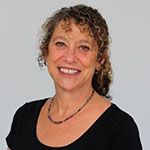
How to Increase a Students Resilience (MRE001)
How small changes in a young person’s Growth Mindset can create big improvements in performance
We have all heard about the importance of building resilience in our students. Resilience is often considered a characteristic of people who are successful or have things ‘all figured out’. Between school, co-curricular activities, work and their social life, children and teens face lots of new experiences and challenges. Being resilient gives them the ability to tackle these head-on, bounce back from any setbacks and have the best chance at succeeding, skills that are crucial to wellbeing and development. But some children find it more difficult to ‘bounce back’ than others. In this course you’ll learn some proven tips and techniques to help build up resilience I children and teens. Presented by Dr. Elana Wolkoff, associate professor of psychology, this course is packed with examples, practical guides and strategies for success that you can take away with you today..
This masterclass was originally presented as a live event with Education Elephant and has been recorded, edited and organised for your learning and convenience.
What You Will Learn
- What Resilience is
- The concept of growth mindsets and its positive effect on resilience
- How you can help young people can develop a growth mindset
- How developing a growth mindset can improve academic success
- How to help children develop resilience in the face of challenges
Your Instructor

Dr. Elana Wolkoff is an Associate Professor in the Department of School Psychology at William James College, Boston, United States. She is a licensed school psychologist and licensed educational psychologist. Dr. Wolkoff earned a bachelor’s degree from Hampshire College, a Master of Education from Harvard Graduate School of Education, and a Doctorate in School Psychology from Northeastern University. Prior to her doctoral training, she worked as a high school special education teacher. Dr. Wolkoff has engaged in a wide range of professional roles, including: 15 years as a practicing school psychologist; Founding Member and Director of Student Support Services at a Boston area charter school; and clinical and special education consultant to K-12 schools. Dr. Wolkoff has presented at the regional, national and international levels. In addition to her passion for teaching children to self-regulate and to develop executive functioning skills, areas of research and clinical work include: developing trauma sensitive classrooms; increasing resilience for vulnerable youth; having difficult conversations, including, but not limited to those about race; and increasing educational equity.
